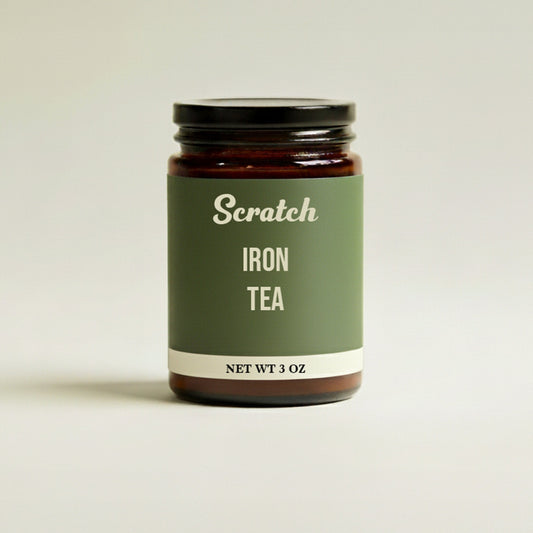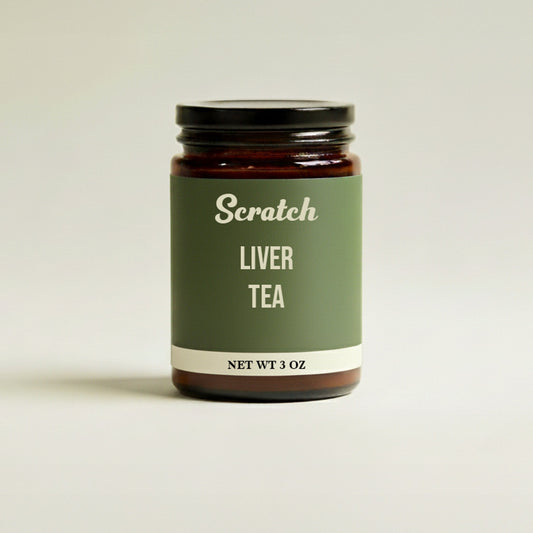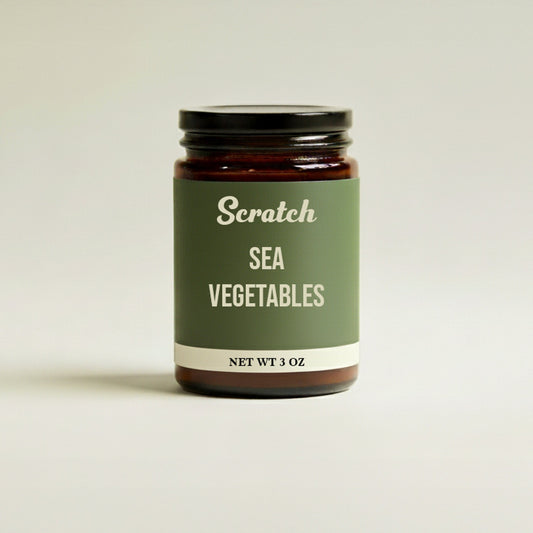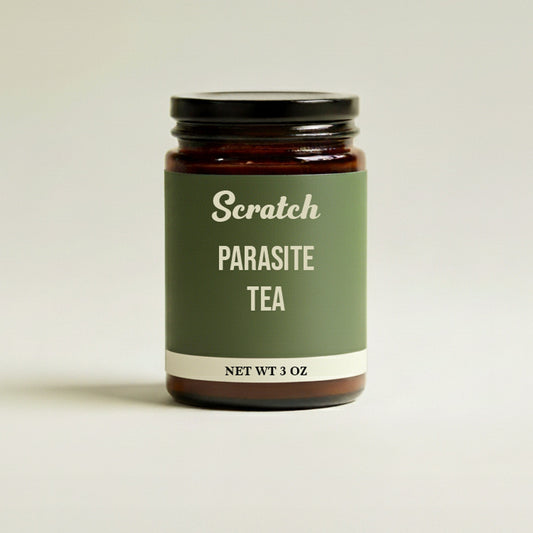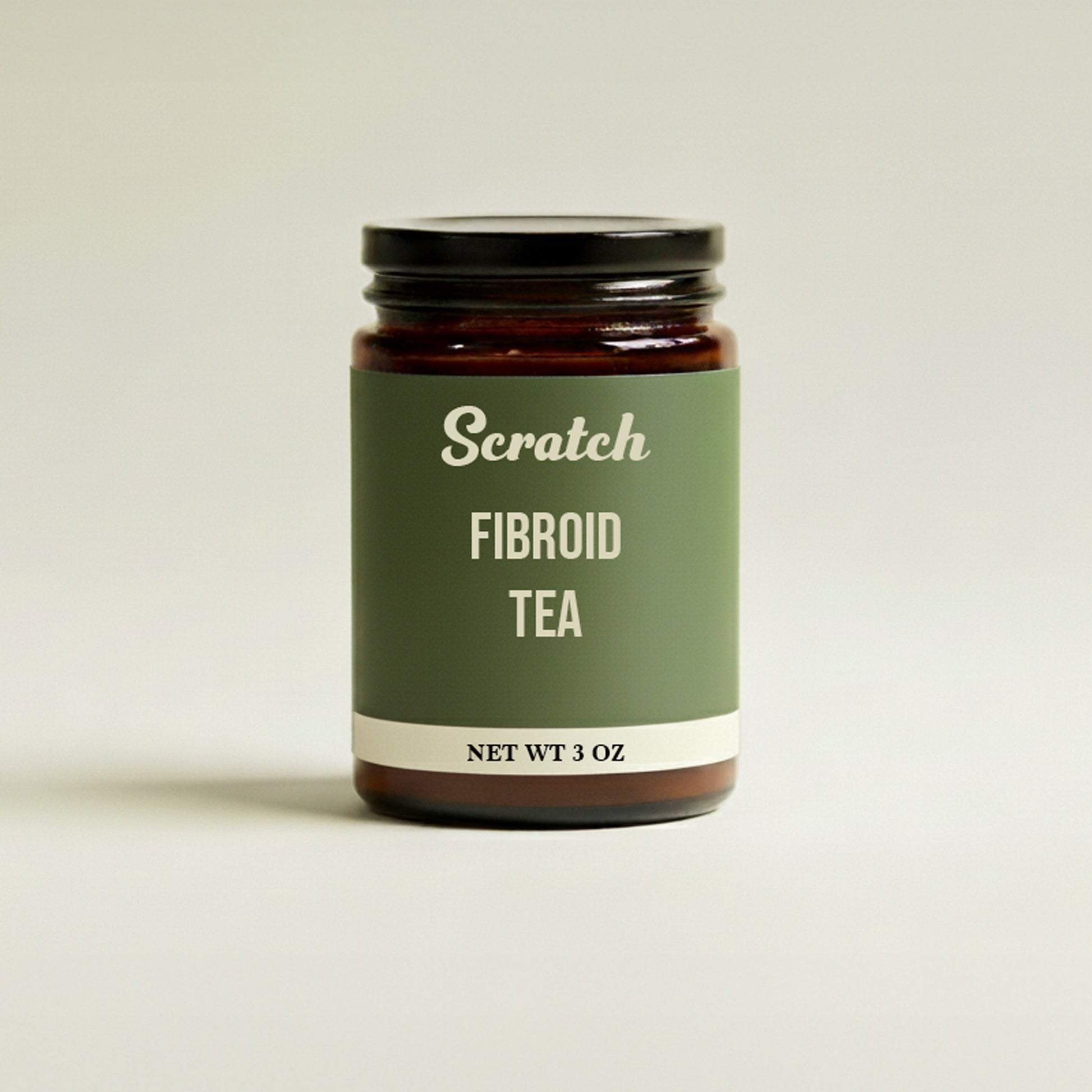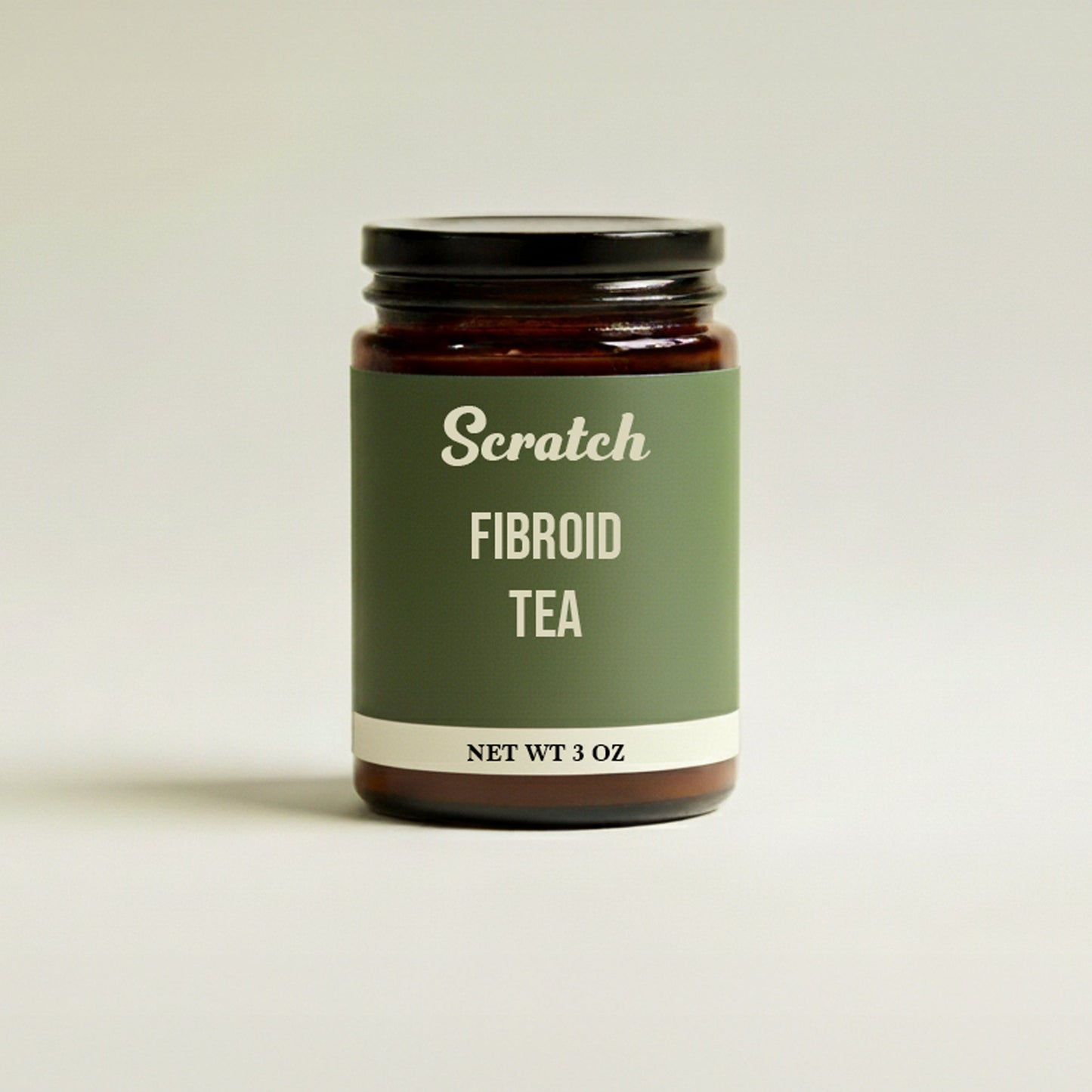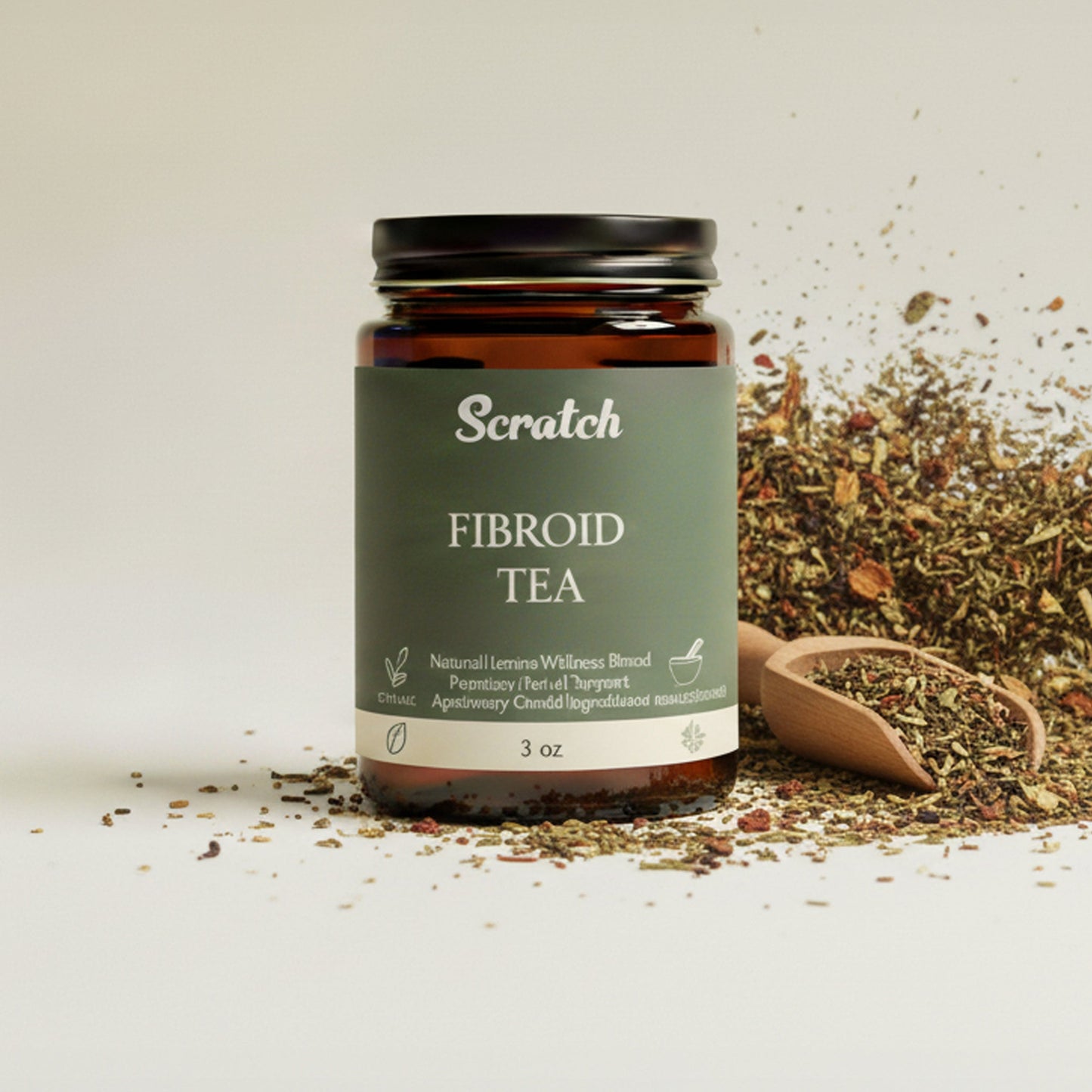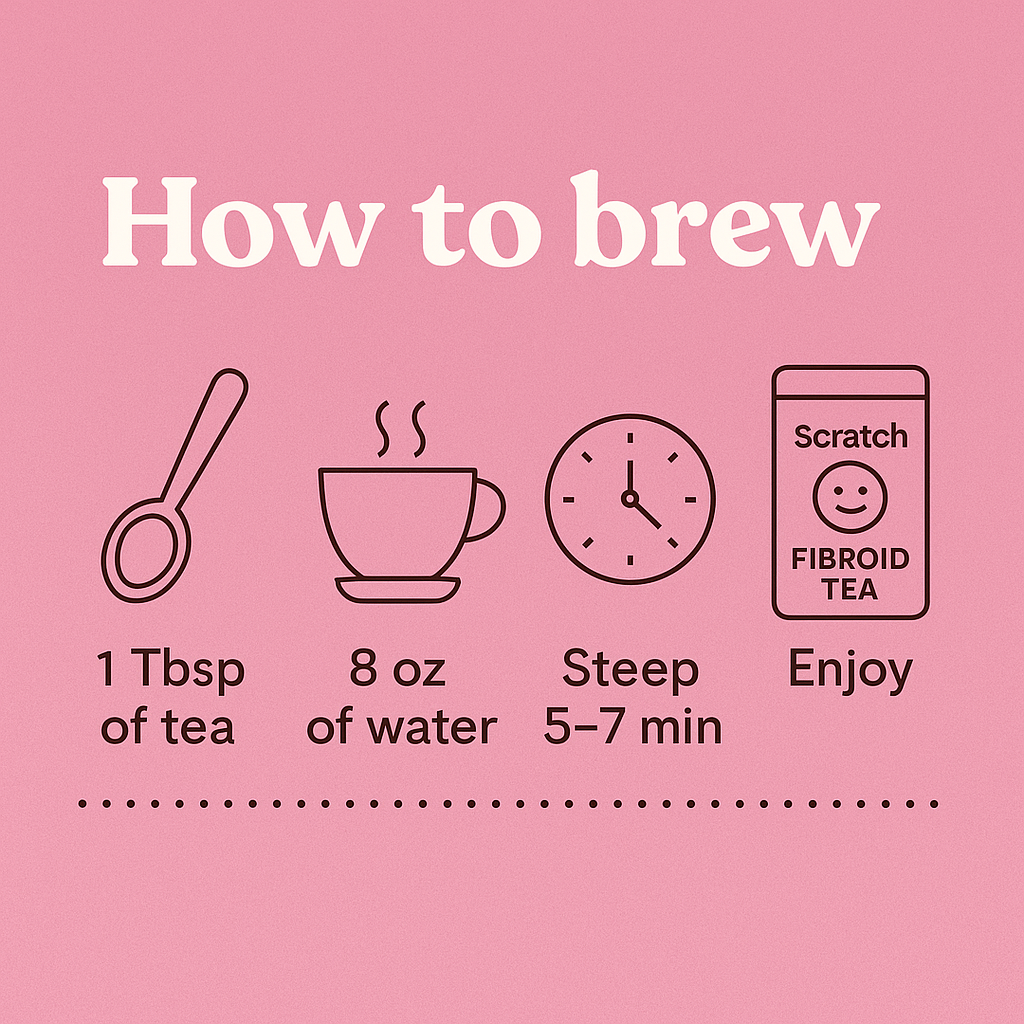Endovan And Pregnancy and Fibroids: What to Know
Uterine fibroids are common, and questions about dietary supplements like Endovan often come up for people trying to conceive or already pregnant. This guide reviews what is known—and not known—about Endovan in the context of fertility, pregnancy, and fibroids, and outlines safer, evidence-based steps you can take. This article is educational and not a substitute for personalized medical advice.
First, a quick primer: fibroids and pregnancy
Uterine fibroids (leiomyomas) are benign smooth-muscle tumors of the uterus. By age 50, most women will have at least one fibroid, though many never cause symptoms. When symptoms occur, they may include heavy menstrual bleeding, pelvic pressure, pain, and fertility challenges.
During pregnancy, most fibroids do not grow dramatically, but some enlarge in the first trimester. Potential pregnancy-related issues can include pain from fibroid degeneration, increased risk of miscarriage (depending on size and location), preterm labor or birth, fetal malposition, cesarean delivery, and postpartum hemorrhage. Many people with fibroids have healthy pregnancies, but close obstetric monitoring is important.
What is Endovan?
Endovan is a U.S. dietary supplement marketed online for women’s health concerns such as endometriosis and fibroids. It is sold without a prescription and is not approved by the U.S. Food and Drug Administration (FDA) to diagnose, treat, cure, or prevent any disease. Supplements in this category often contain blends of systemic enzymes (for example, nattokinase or serrapeptase), antioxidants, vitamins, and botanicals. Exact formulations can vary and may change over time.
Because dietary supplements are regulated differently from prescription drugs, manufacturers do not need to demonstrate efficacy before marketing. The FDA can take action against unsafe or misbranded products, but supplements are not preapproved for safety or effectiveness.
What does the evidence say about Endovan for fibroids?
At this time, there are no high-quality randomized controlled trials showing that Endovan shrinks fibroids, improves fertility outcomes in people with fibroids, or is safe and effective during pregnancy. Peer-reviewed evidence for enzyme-based supplements in gynecologic conditions is limited and inconsistent. Authoritative medical guidelines (such as those from the American College of Obstetricians and Gynecologists, ACOG) do not recommend dietary supplements as a treatment for fibroids.
Key points from trusted sources:
- FDA: Dietary supplements are not approved to treat disease, and claims about treating or reducing fibroids require rigorous evidence that most supplements lack.
- NIH/NCCIH: For many supplements and enzymes (e.g., nattokinase, serrapeptase), there is insufficient reliable evidence for effectiveness, and safety data—especially in pregnancy—are limited.
- ACOG: Evidence-based options for managing fibroids include watchful waiting, medical therapies (for non-pregnant patients), and procedures such as myomectomy or uterine-sparing interventions when appropriate. In pregnancy, management is typically expectant with symptom control and obstetric surveillance.
Is Endovan safe in pregnancy or while trying to conceive?
Safety is the central concern. For most enzyme and botanical supplements, pregnancy safety has not been established. Potential risks include:
- Bleeding risk: Some enzymes and botanicals may have antiplatelet or fibrinolytic effects. In pregnancy—and especially for people with fibroids who may already be at higher risk of heavy bleeding—this is a particular concern.
- Unknown effects on implantation and early pregnancy: Lack of controlled human data means potential impacts on fertility treatments or early embryo development are not well understood.
- Drug interactions: Supplements may interact with anticoagulants, antiplatelet agents, NSAIDs, or other medications.
Given the limited evidence and potential risks, a conservative, safety-first approach is recommended: Avoid starting Endovan (or similar supplements) if you are pregnant, might be pregnant, or are trying to conceive, unless your obstetric clinician specifically advises otherwise and can monitor you.
Evidence-based strategies if you have fibroids and want to conceive
Before pregnancy:
- Schedule a preconception visit. Discuss your history, symptoms, prior surgeries, and goals. Your clinician may recommend pelvic imaging to assess fibroid number, size, and location, which can guide counseling.
- Consider targeted treatment when indicated. In select cases—such as large submucosal fibroids distorting the cavity—a myomectomy before conception can improve symptoms and may improve fertility outcomes. This decision is individualized.
- Optimize overall health. Address anemia from heavy bleeding (iron supplementation if needed), maintain a healthy weight, and ensure you’re on a prenatal vitamin with folic acid.
During pregnancy:
- Close monitoring. Most people with fibroids will be managed expectantly with routine prenatal care, with additional ultrasounds if needed to track fetal growth and placental position.
- Pain control. Acetaminophen is commonly used. NSAIDs may be used short term under clinician guidance early in pregnancy but are generally avoided in the third trimester.
- Manage anemia. If heavy bleeding occurs, your clinician may recommend iron and monitor blood counts.
- Plan delivery. Your obstetrician will consider fibroid size and location, fetal position, and any prior uterine surgery to plan the mode of delivery.
After pregnancy:
- Reassess symptoms. Some fibroids shrink postpartum. If symptoms persist and you’re not immediately trying for another pregnancy, additional treatments can be considered.
Where does Endovan fit?
Given the lack of robust evidence of benefit and the uncertainties around safety in pregnancy, Endovan should not replace proven, clinician-guided care. If you are considering Endovan outside of pregnancy, discuss it with your gynecologist first. Bring the product label so your clinician can review ingredients, dosing, and potential interactions.
Questions to ask your clinician
- Do my fibroids’ size and location affect my fertility or pregnancy plans?
- Should I consider any treatment before trying to conceive?
- What pain-relief options are safest for me now and during pregnancy?
- Is it safe for me to take this specific supplement? Are there any interactions with my medications?
- How will we monitor my pregnancy if I have fibroids?
Bottom line
For fibroids, fertility, and pregnancy, the safest path is evidence-based care tailored to you. Endovan is a dietary supplement not approved by the FDA to treat fibroids, and there is no high-quality clinical evidence that it improves pregnancy or fertility outcomes. Because safety in pregnancy is unknown and bleeding risks are a concern, avoid Endovan if you are pregnant or trying to conceive unless your clinician advises otherwise. Work with your obstetric and gynecologic team on a plan that supports a healthy pregnancy and addresses fibroid-related symptoms.
Trusted sources and further reading
- U.S. Food and Drug Administration (FDA). “Dietary Supplements: What You Need to Know.” https://www.fda.gov/food/dietary-supplements
- National Institutes of Health, National Center for Complementary and Integrative Health (NCCIH). “Dietary Supplements: What You Need to Know.” https://www.nccih.nih.gov/health/dietary-and-herbal-supplements
- NCCIH. “Herbs and Other Dietary Supplements: Safety for Pregnant and Breastfeeding Women.” https://www.nccih.nih.gov/health/pregnancy
- American College of Obstetricians and Gynecologists (ACOG). “Uterine Fibroids.” Patient FAQ. https://www.acog.org/womens-health/faqs/uterine-fibroids
- ACOG Practice Bulletin/Clinical Guidance on Management of Symptomatic Uterine Leiomyomas (summary for clinicians). https://www.acog.org
If you have questions about your specific situation, speak with your OB-GYN.




